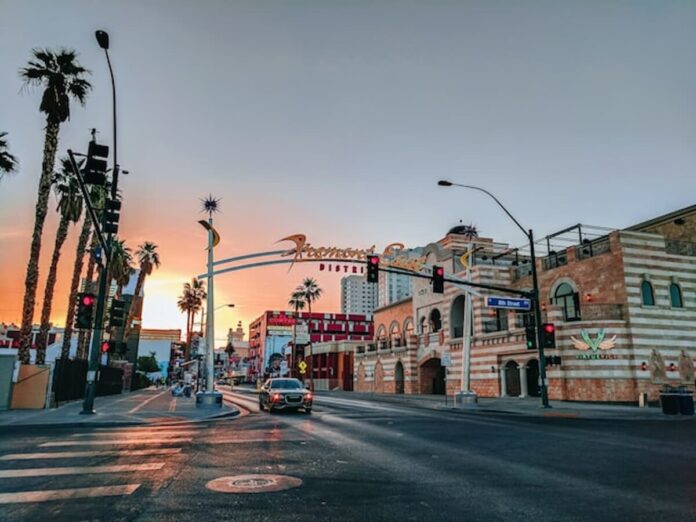
Kalshi scored a partial win in its legal battle with Nevada. A federal judge granted the predictive market’s request for a temporary restraining order and preliminary injunction against the Nevada Gaming Control Board (GCB).
Tuesday’s ruling by U.S. District Court Judge Andrew Gordon effectively allows Kalshi to keep offering its sports-related event contracts in Nevada as litigation continues.
The judge also rejected the board’s counterclaims, which sought its own temporary restraining order and an injunction to halt Kalshi’s operations in the Silver State immediately.
Kalshi CEO Tarek Mansour acknowledged the ruling on social media site X (formerly Twitter), saying he is “grateful for the court’s careful attention to this matter and recognition of Kalshi’s status as a CFTC-regulated exchange.“Onto the next step.”Up next: a status hearing on April 30.
Kalshi Holding its Ground Following Suit
Kalshi sued gaming regulators in Nevada after receiving cease-and-desist orders on March 14—the first action taken against the predictive market at the state level. Since then, five other states—New Jersey, Illinois, Maryland, Ohio, and Montana—have served similar notices to Kalshi, Robinhood, and Crypto.com.
Because it is a federally regulated platform, Kalshi claims it is not required to follow state-by-state gambling regulations or taxation laws.
Similar to stock trading, Kalshi allows users to buy and sell contracts for real-world events, including the U.S. presidential election and the Super Bowl. Last month, it introduced single-game betting markets for the NCAA men’s and women’s basketball tournaments. Notably, those markets were available in all 50 states, not just those with legalized sports betting.
The company also partnered with Robinhood, launching a Kalshi-powered prediction market hub for the platform’s 25 million users. Crypto.com has also joined the sports event contract frenzy. Both Robinhood and Crypto.com have received similar cease-and-desist letters from state regulators.
Speaking last Friday at TechCrunch’s StrictlyVC conference in San Francisco, Mansour said he’s “not necessarily very concerned” about ongoing legal threats from states like New Jersey and Nevada and that the Commodity Futures Trading Commission (CFTC) is Kalshi’s primary regulator.
“If the CFTC tells us to stop, we will absolutely stop,” he said. “If they don’t, then we won’t.”
Mansour has previously said that prediction markets such as Kalshi are “initially misunderstood.”
“They are the quintessential truth machines,” he wrote last month on X. “With trust in traditional institutions at an all-time low, people are turning to prediction markets at an astronomical pace. The growth of the ecosystem in the last year is a testament to how important they have become to the American people.”










